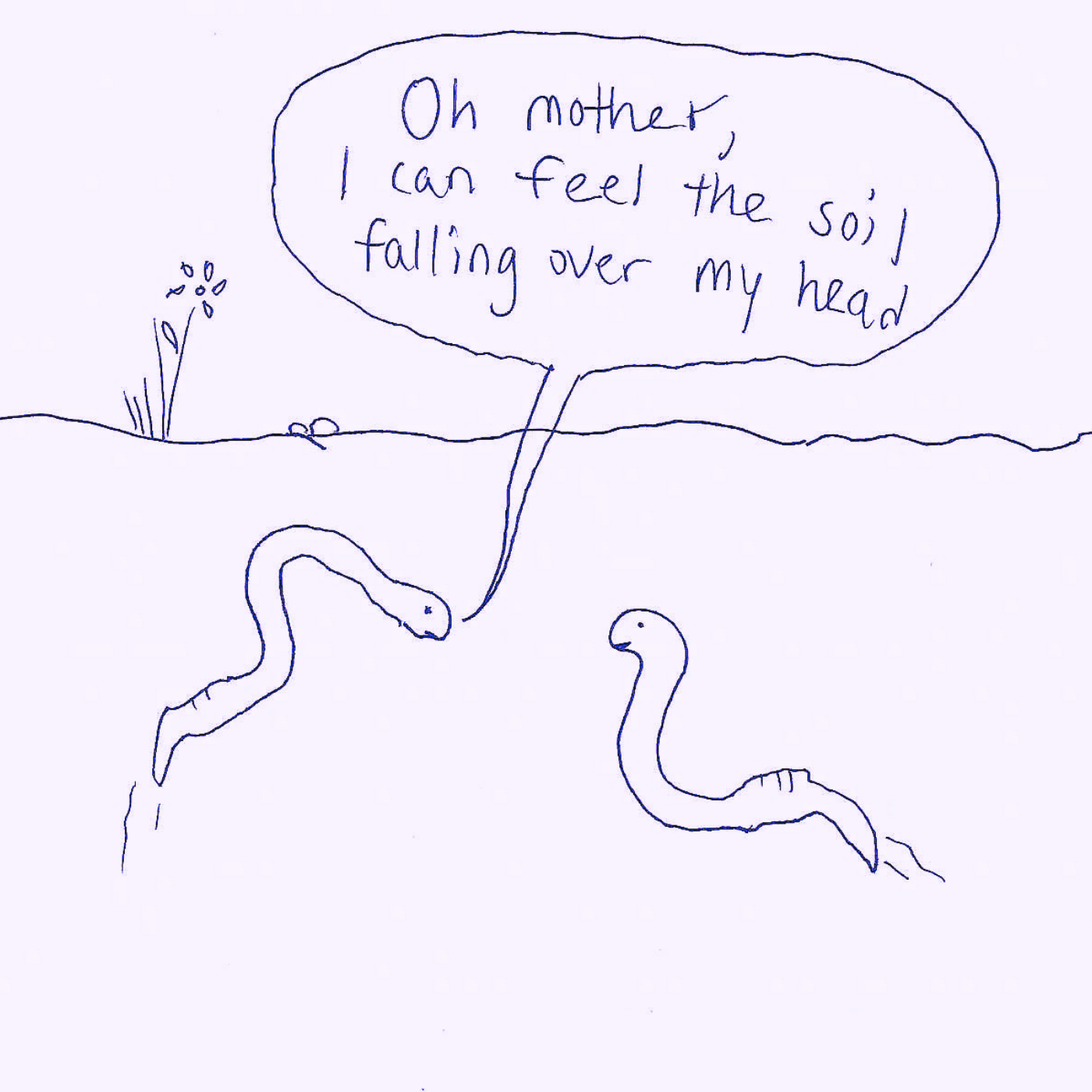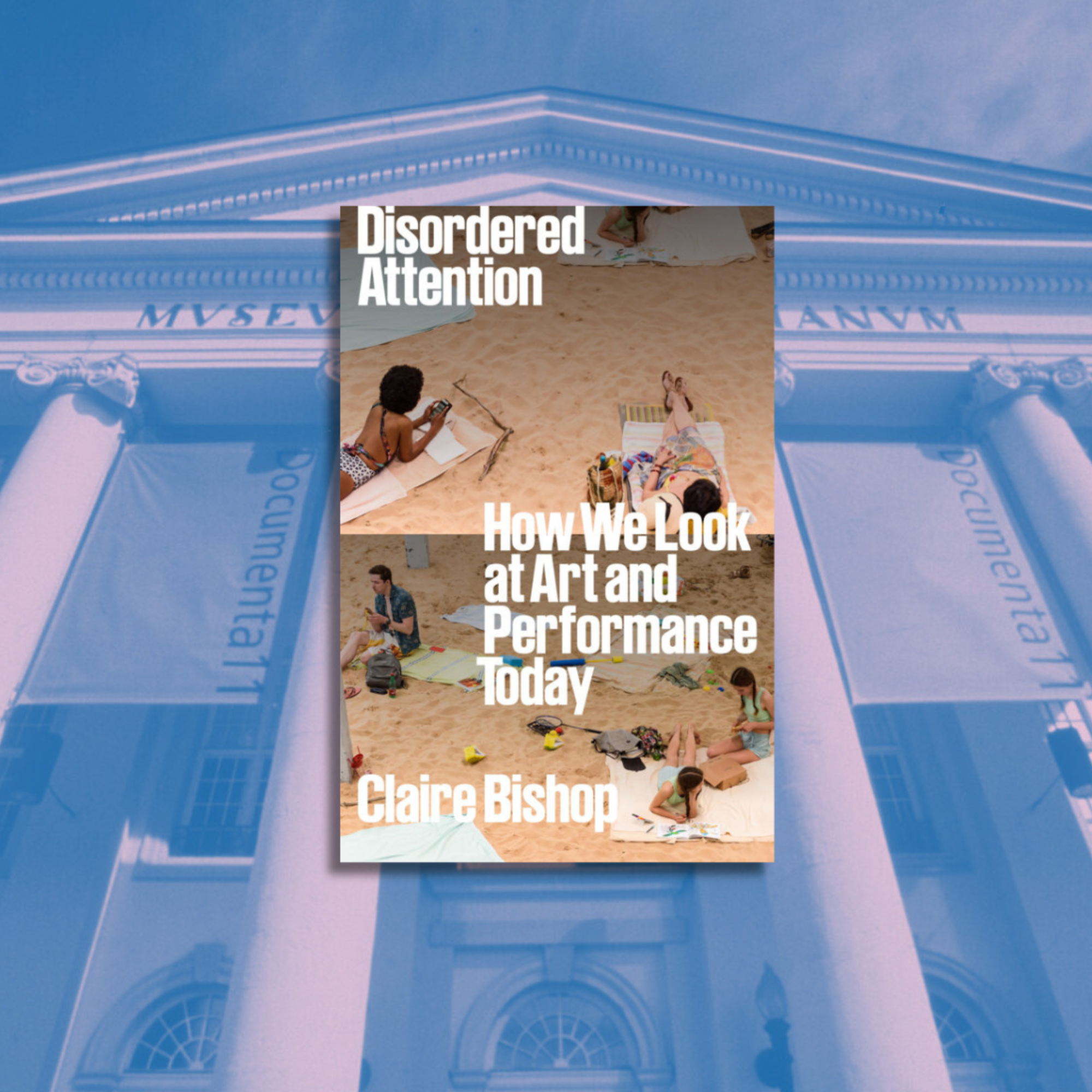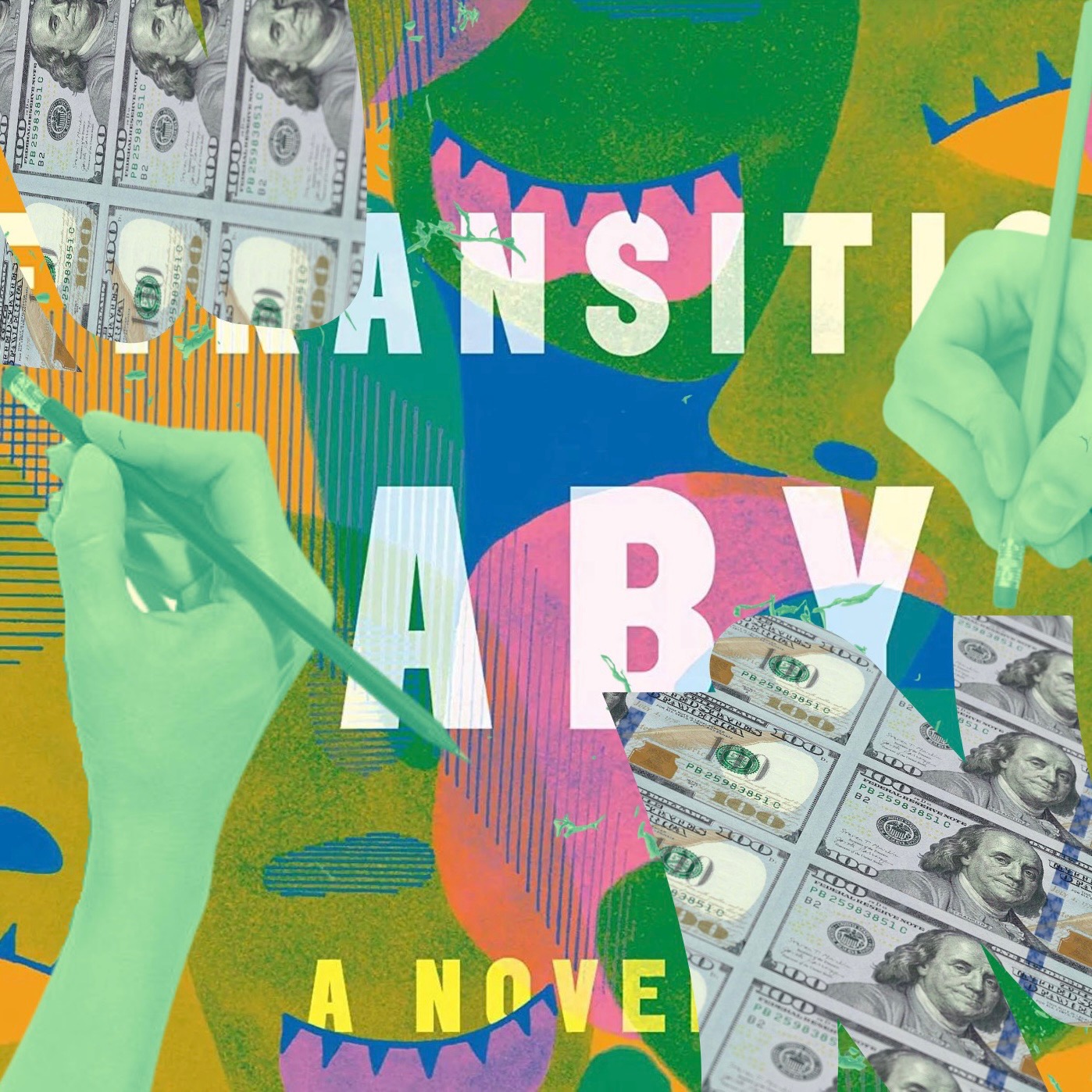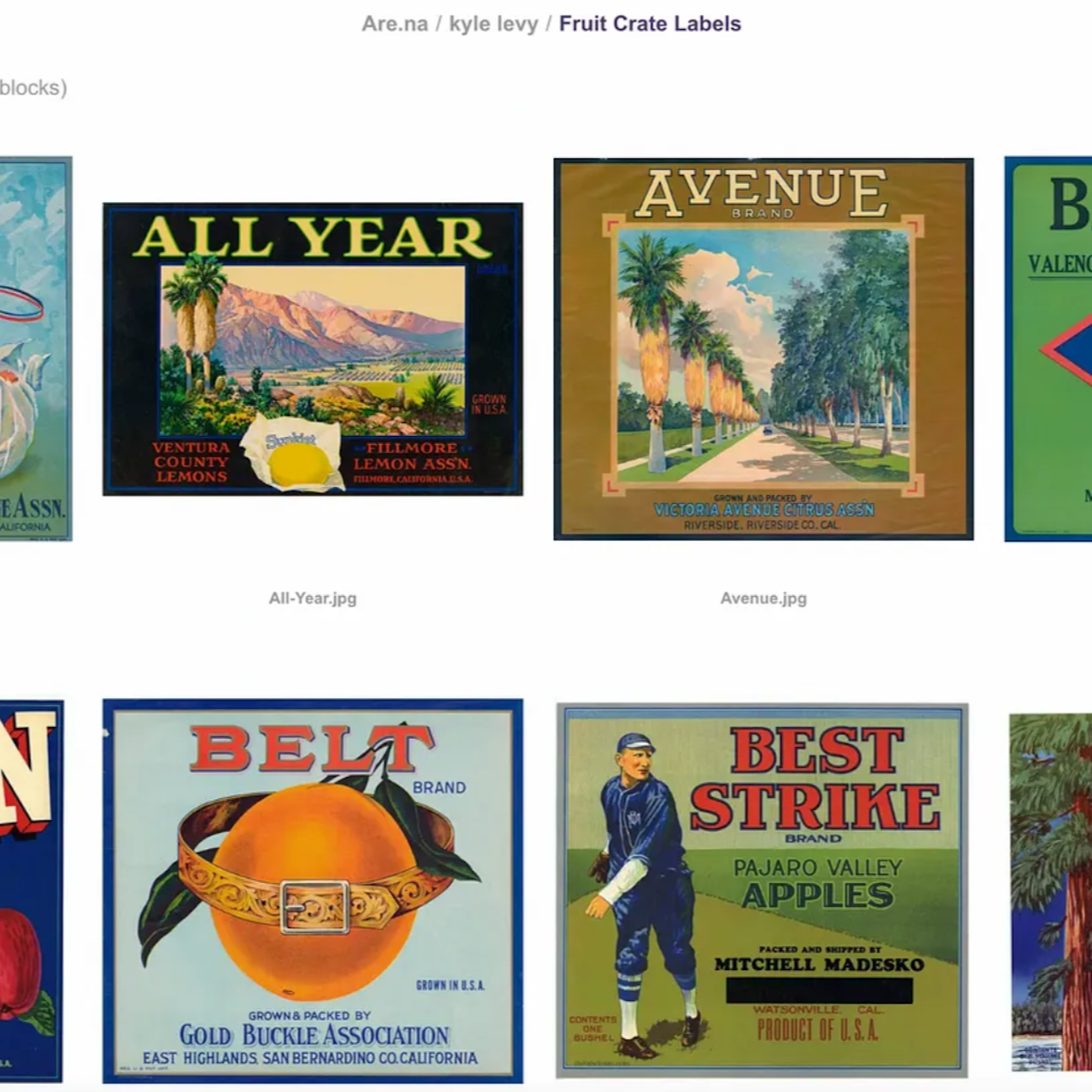- Magazine Dirt
- Posts
- The attention plot
The attention plot
We have distraction at home.

Bekah Waalkes on yearning for focus in the contemporary novel.
Since childhood, I’ve always been interested in what people do all day. I blame Richard Scarry’s books and their alluring cross-sections of animals at work, in motion. When adults told me they went to work, ran errands, and came home, I knew they were lying. No—I wanted to know more about the order in which a day could unfold. No filtering, no background. I wanted to know everything, exhaustively. I still feel like this about people, especially my friends. “And then what happened?” This is probably why I love reading about other people’s routines, particularly artists and writers.
Mark Haber’s novel, Lesser Ruins, is one such attempt at recounting exactly what happens when someone sits down to write. That someone is a retired, curmudgeonly community college professor who just wants to write his goddamn book on Michel de Montaigne. But for all his obsessive thinking about the project, his ambition spanning decades and one research fellowship, the narrator is shockingly ineffectual. All he’s managed to write are about thirty potential titles and a few thousand words about coffee, one of his other main obsessions. His wife has just died after a long, heartbreaking decline into frontotemporal dementia, and when the novel begins, he’s just finished sitting shiva for her.
For all his obsessive thinking about the project, the narrator is shockingly ineffectual.
“Anyway, I think,” the novel begins, “she’s dead, and though I loved her, I now have both the time and freedom to write my essay on Montaigne, an essay requiring not only extraordinary focus and intellect but also time and freedom.” Delusional? I wrote in the margins.
As Lesser Ruins continues, it becomes clear that the narrator’s obsessive thinking about his book, his hatred of any distraction that keeps him from writing, is a way of avoiding his own overwhelming grief.
In long sentences full of commas and clauses, tangents upon tangents, the narrator “rigorously” avoids his wife’s closet, which still smells of her, making him think “she’d only stepped out for an errand and would be returning any second.” He longs for what he calls “mental Saharas,” which turn his meandering sentences into emphatic rambles. “I yearn to live a life not unlike Montaigne’s,” he thinks, “a life of reading, writing, and reflection, but due to the intrusions on my mental Saharas, I find only tiny islets of coherence amid vast continents of incoherence.”
He sounds like a hit tweet, I thought, thinking of a recent @fuglibetty post, “some great & sinister Impalpable force is conspiring against all parts of my life to prevent me from ‘locking in.’” The narrator also sounds like me, if I’m honest. And I’m surely not alone in this. The desire for a life of focus, for more “coherence” than “incoherence” feels like a characteristically contemporary yearning. It only makes sense that the novel has caught up.
The desire for a life of focus feels like a characteristically contemporary yearning.
Lesser Ruins is part of a subgenre of contemporary novel: the attention plot. In close first-person, the attention plot follows one mind trying to focus, besieged by distraction. The desire to pay attention begins to look like a desire to forget the self, the body, and the world entirely. Distractions puncture that fantasy, reminding minds that they have bodies, reminding individuals that they have neighbors.

DIRT ON ATTENTION
|
|
|
|
|
|
|

🌱 JOIN THE DIRTYVERSE
Join our Discord and talk Dirt-y with us. It’s free to join! Paid subscribers have access to all channels.
Follow @dirtyverse on Twitter and @dirt.fyi on Instagram for the latest news and Spotify for monthly curated playlists.
Shop for some in-demand Dirt merch. 🍄






